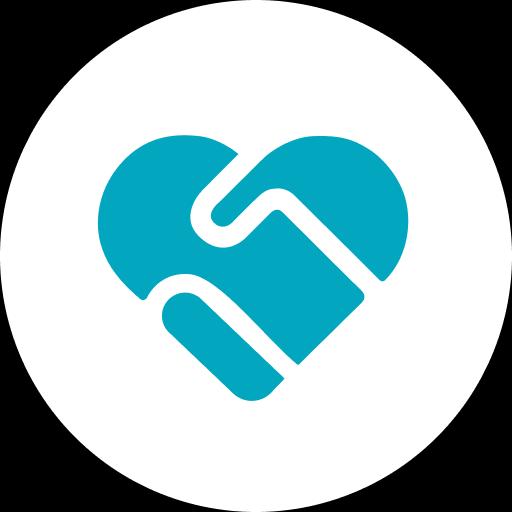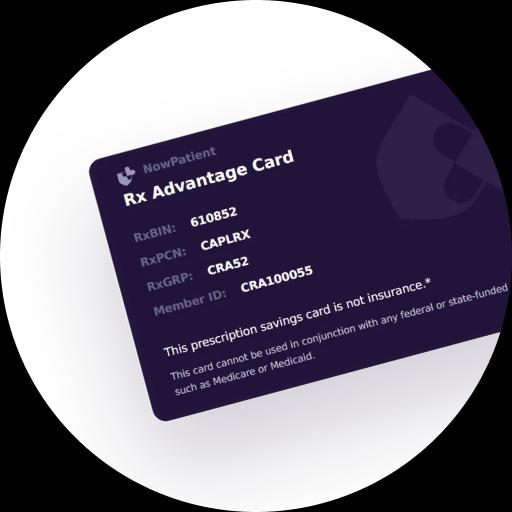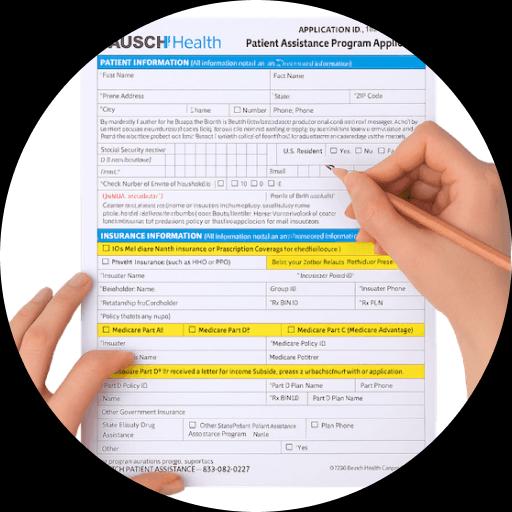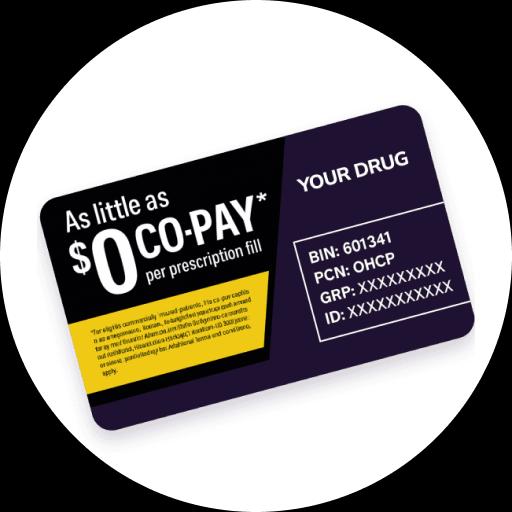Save on Verapamil with Coupons, Discounts & Savings Programs


Start Saving Today!
Lower the Cost of Your Verapamil Prescription
More great savings
View Related Brands
MEDICAL INFORMATION
Verapamil Key Facts
What dosages is Verapamil available in?
Verapamil is available as a 40 mg, 80 mg, and 120 mg oral tablet.
What is Verapamil used for?
Verapamil is a calcium channel blocker (CCB) used for chest pain (angina), the prevention and treatment of certain types of arrhythmias, and high blood pressure.
How does Verapamil work?
Verapamil is a non-dihydropyridine calcium channel blocker. It lowers blood pressure and helps with irregular heart rhythm (arrhythmia) by slowing your heart rate and relaxing your blood vessels. This also helps your heart to get more oxygen so it doesn’t need to work as hard to pump, which can help with chest pain.
How do I take Verapamil?
Verapamil is typically taken by mouth 3 to 4 times a day. Your physician may adjust your dose based on things like how well you’re responding to the medication, your age, your height, if you have liver problems, and if you’re having side effects.
Is it safe for me to take Verapamil?
Verapamil is a safe and effective treatment when used for FDA licensed indications. However, like all medications, they may give you unwanted side effects. You should always discuss potential side effects with your physician to ensure the medication is suitable and right for you. You should not take this medication if you have severe left ventricular dysfunction, hypotension (systolic pressure less than 90 mm Hg) or cardiogenic shock, sick sinus syndrome (except in patients with a functioning artificial ventricular pacemaker), second- or third-degree AV block (except in patients with a functioning artificial ventricular pacemaker), or atrial flutter or atrial fibrillation and an accessory bypass tract (eg, Wolff-Parkinson-White, Lown-Ganong-Levine syndromes).
Verapamil Common Side Effects
Common side effects of Verapamil include:
- Constipation
- Dizziness
- Nausea
- Low blood pressure
- Headache
- Swelling in the hands and feet
- Tiredness
- Rash
- Flushing
Verapamil Serious Side Effects
Serious side effects are rare with Verapamil. Contact your healthcare provider immediately if you experience any of the following.
- Heart failure: chest pain, difficulty breathing, dizziness, tiredness, swollen legs and feet, bloating
- Dangerously low blood pressure: dizziness, lightheadedness, pale skin, feeling faint
- Liver problems: severe nausea, vomiting, right-sided stomach pain, fatigue, low or no appetite, yellowing of the skin or eyes
Effects of other drugs, drug classes and over-the-counter products on Verapamil
The following medications may interact with Verapamil:
- Cytochrome inducers/inhibitors – Clinically significant interactions have been reported with inhibitors of CYP3A4 (e.g., erythromycin, ritonavir) causing elevation of plasma levels of Verapamil while inducers of CYP3A4 (e.g., rifampin) have caused a lowering of plasma levels of Verapamil
- HMG-CoA reductase inhibitors: The use of HMG-CoA reductase inhibitors that are CYP3A4 substrates in combination with Verapamil has been associated with reports of myopathy/rhabdomyolysis
- Ivabradine – Concurrent use of Verapamil increases exposure to ivabradine and may exacerbate bradycardia and conduction disturbances. Avoid co-administration of Verapamil and ivabradine
- Aspirin – In a few reported cases, co-administration of Verapamil with aspirin has led to increased bleeding times greater than observed with aspirin alone
- Grapefruit juice – Grapefruit juice may increase plasma levels of Verapamil.
- Alcohol – Verapamil may increase blood alcohol concentrations and prolong its effects
- Lithium – Increased sensitivity to the effects of lithium (neurotoxicity) has been reported during concomitant Verapamil-lithium therapy; lithium levels have been observed sometimes to increase, sometimes to decrease, and sometimes to be unchanged. Patients receiving both drugs must be monitored carefully
Who makes Verapamil?
Various FDA-approved generic manufacturers
Is Verapamil safe in pregnancy?
It is not known if Verapamil will harm your unborn baby. If you become pregnant while receiving Verapamil, talk to your healthcare provider.
Medical Disclaimer
NowPatient has taken all reasonable steps to ensure that all material is factually accurate, complete, and current. However, the knowledge and experience of a qualified healthcare professional should always be sought after instead of using the information on this page. Before taking any drug, you should always speak to your doctor or another qualified healthcare provider.
The information provided here about medications is subject to change and is not meant to include all uses, precautions, warnings, directions, drug interactions, allergic reactions, or negative effects. The absence of warnings or other information for a particular medication does not imply that the medication or medication combination is appropriate for all patients or for all possible purposes.
OUR CUSTOMERS VIEW
What Customers Love About Our Service
We want everyone to be happy and healthy, that’s what keeps us going. Read what some of them have to say about us.
Medicines Experts
Meet Our Medical Team
We are a broad skilled and passionate group of clinicians with experience of operating in health systems in the United Kingdom & United States. Providing excellent care and advice is at the heart of everything we do. You can read more about our medical team by visiting the medical team page or learn more about how we curate content by visiting our editorial process

























